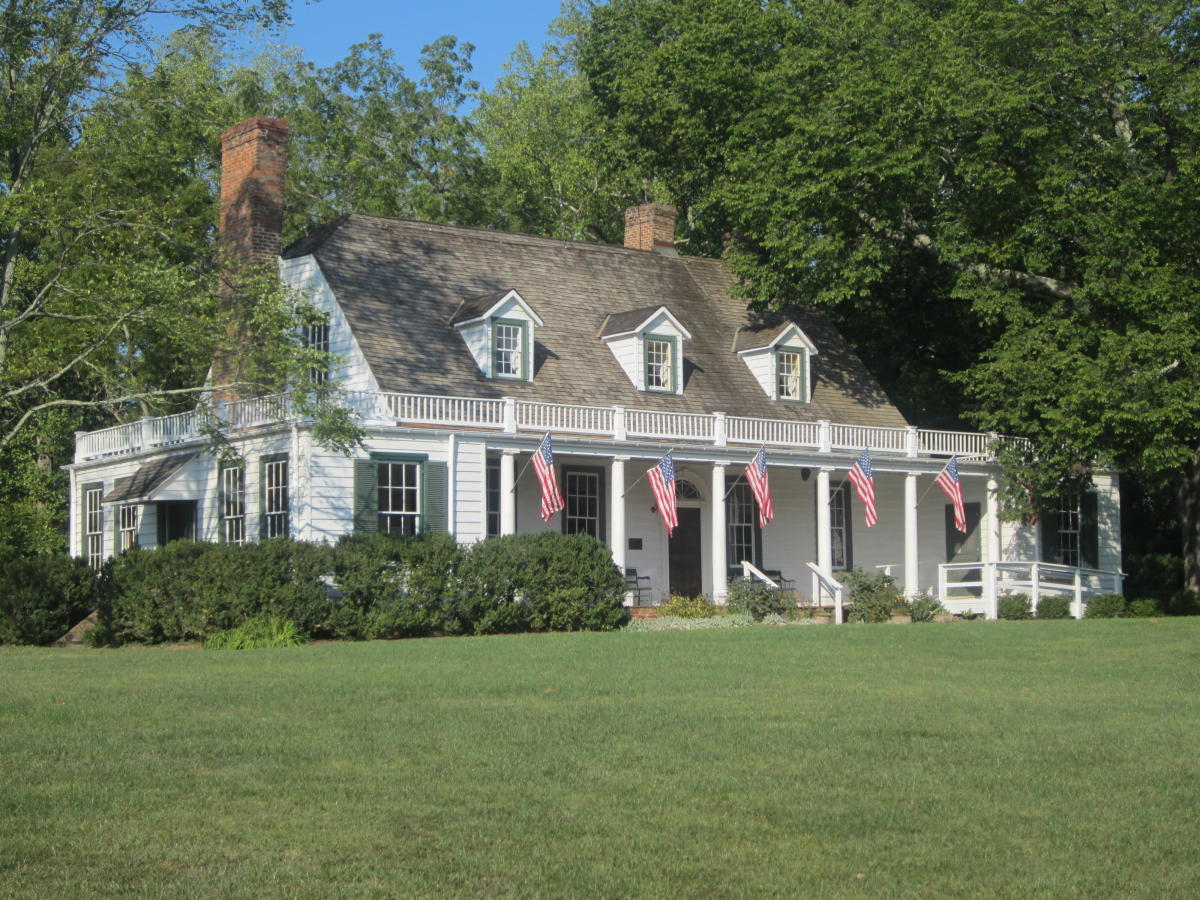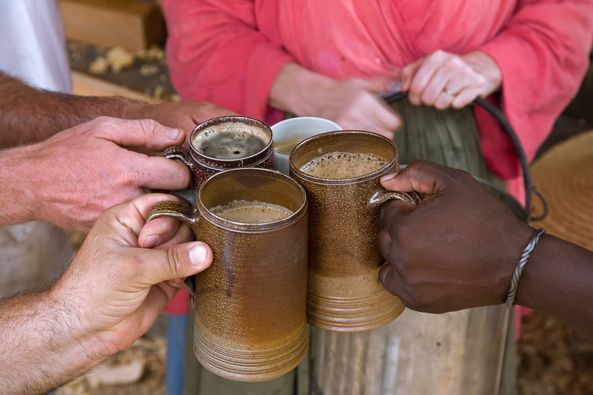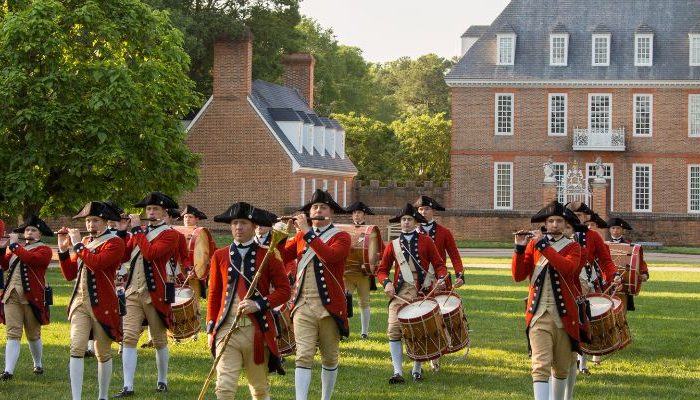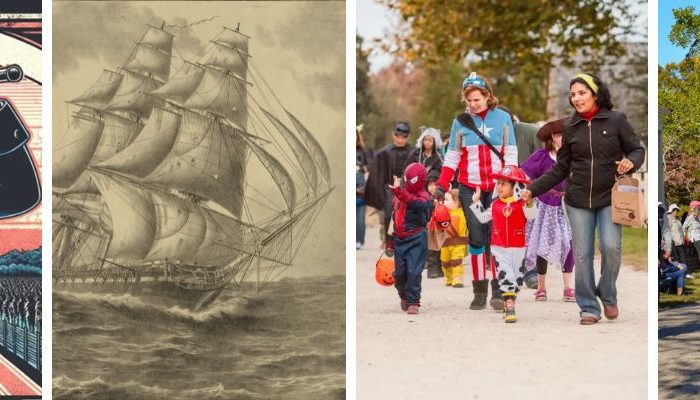A Revolution of Beer
A Staple of Virginia History
Image Credit: Colonial Williamsburg
More than just a beverage, beer was a staple of daily life, a symbol of resistance, and a major player in the American Revolution, both directly and in the background. As we approach the 250th anniversary of the United States, let’s raise a mug to the history and importance of beer in Virginia.
Early Beginnings
Before the arrival of European colonists, the indigenous peoples of North America had their own traditions of alcohol production. Various Native American tribes produced fermented beverages using locally available resources. For example, some tribes made a type of beer from maize (corn), while others fermented fruit juices or sap from trees such as the maple. These native beverages were quite a bit different from European beer and had lower alcohol content.1
The first English settlers in Virginia brought beer to the Americas and it tended to be a safer alternative when the water quality was poor. One of the earliest documented brewers in the Virginia colony was George Thorpe. In 1621, he attempted to produce alcohol using maize, and the results would be one of the first batches of American corn whiskey.2
Beer During The Revolution
As tensions with Britain grew in the mid-18th century, many discussions were being held while sipping a pint. Taverns like the Hanover Tavern became central hubs for these talks and organization. The Raleigh Tavern in Colonial Williamsburg hosted the founders many times with a notable example being the Committees of Correspondence3. In 1773, it was one of the earliest meetings between colonies to share information and have discussions that would lead us on the path towards revolution.
Brewing beer was an act of self-reliance and resistance. It reduced dependence on British imports and showcased the colonies’ ability to sustain themselves.

Founding Brewers
A Virginia man named George Washington, you might have heard of him, was an avid brewer. He maintained a detailed beer recipe4, which included molasses and bran, at his Mount Vernon estate. Thomas Jefferson was also a passionate homebrewer. At Monticello, he experimented with various brewing techniques and ingredients which he would then serve to his guests.
None of that beer production would be possible, however, without the enslaved people and household laborers. These are the key people who tended to the barley, grew hops, and took care of the brewing process. One named example of Monticello, Peter Hemings, became the master brewer of the estate5. He started off learning how to cook before taking charge of the brewing and malting operations.
The Evolution of American Brewing
By the 19th century, advancements in brewing technology and transportation allowed for large scale production and distribution. German immigrants brought new brewing techniques and a passion for lagers, which contrasted with the traditional English ales that had dominated the American market. With Prohibition, many breweries were forced to close or change up their production and after it was repealed, the brewing industry had to rebuild.
The late 20th and early 21st centuries have seen an explosion of craft breweries in Virginia. Today, the state boasts a vibrant beer culture with hundreds of craft breweries offering a diverse array of styles and flavors: pilsners, IPAs, sours, stouts, and more. Many of Virginia’s craft brewers often draw inspiration from the state’s rich history, creating beers that pay homage to colonial and Revolutionary traditions either in name or in flavors.
For this August, Virginia’s Craft Beer Month, why not raise a mug to our rich history of beermaking and enjoy a brew near you?
Selected Sources for Further Reading
1. Jim Dkystra. Beer in American History. The Beer Connoisseur.
2. Virginia’s Distilling Heritage. Virginia Spirits.
3. Committees of Correspondence. Colonial Williamsburg.
4. Recipe for Small Beer. George Washington’s Mount Vernon.
5. Peter Hemings. Thomas Jefferson’s Monticello.


